Having tracked telecom policy changes for over five years, I've seen how regulatory shifts can reshape entire markets—but Verizon's latest move hits different. The carrier is pushing to ditch the 60-day phone unlocking rule at precisely the moment when T-Mobile's satellite service via Starlink could change how we think about connectivity. While Verizon claims it's fighting fraud, the real casualty might be your ability to tap into the most significant advancement in mobile coverage since 4G.
Let's break down what's happening and why it matters for your next phone purchase.
The FCC imposed the 60-day unlocking requirement on Verizon when it acquired 700MHz spectrum in 2008 and reinforced it during the TracFone acquisition in 2021. Currently, Verizon automatically unlocks phones after 60 days for both prepaid and postpaid customers. But the carrier wants out, claiming it lost 784,703 devices to fraud in 2023 alone—a figure that conveniently supports their argument for longer lock periods just as satellite services emerge. This could result to people being stuck with Verizon and unable to take advantage of the Starlink service via T-Mobile.
Why T-Mobile's satellite service changes everything
Here's where the stakes get real. T-Mobile launched its T-Satellite service nationwide on July 23, leveraging SpaceX's Starlink constellation to provide coverage across 500,000 square miles that traditional cellular networks can't reach. The service works for customers on its own network and rival carriers, including Verizon and AT&T.
The beta program demonstrated extraordinary demand, attracting 1.8 million users since January who sent over one million text messages from previously unreachable locations. This massive adoption rate during beta testing reveals pent-up demand for connectivity solutions that traditional carriers haven't adequately addressed. T-Mobile plans to charge $10 per month for the service, with free 911 texting available to any compatible device regardless of carrier.
While this coverage expansion sounds universally beneficial, the technical requirements create a new battleground in carrier competition. But here's the catch: you need an unlocked phone to take advantage of T-Satellite if you're not already a T-Mobile customer. The service requires activating T-Satellite as a second eSIM on your device, which locked phones simply can't do.
The consumer backlash is real
Consumers aren't buying Verizon's reasoning. In FCC filings, customers are pushing back hard: "Permanent locks would make it harder for consumers to switch carriers, use dual-SIM features, or take advantage of emerging services like SpaceX's Starlink Cellular," one consumer wrote.
Another added: "Dual-SIM adds public safety by allowing people to use two networks, including Satellite networks like SpaceX's Starlink on T-Mobile." The timing is particularly frustrating since T-Mobile's service works with most phones made in the last four years—creating a four-year window where Verizon customers' existing devices could access satellite connectivity, but only if carrier restrictions don't block them.
Based on my analysis of customer complaints over the past year, Verizon customers are already experiencing unlock issues despite the 60-day automatic unlock policy. Multiple users report their devices remain locked months after purchase, with some waiting over a year for resolution—a pattern that suggests systematic enforcement problems.
What Verizon really wants
Verizon isn't just asking for a small extension—it wants to lock phones for at least six months, putting it on par with competitors. For context, AT&T locks prepaid devices for six months and requires postpaid devices to be paid in full before unlocking, while T-Mobile locks prepaid devices for 12 months.
The carrier argues that longer lock periods help it offer better device subsidies, making phones more affordable upfront. This alignment with competitors would eliminate Verizon's current disadvantage in retention strategy, but also removes a key differentiator that benefits consumers in the emerging satellite services market. However, consumer advocates counter that "mobile phones should come unlocked by default, allowing users to more easily make choices about the device and service they purchase."
Verizon also wants the FCC to investigate phone locking across all carriers, calling current regulations "piecemeal policy making" that creates "asymmetric regulation."
The satellite wars behind the scenes
There's more happening here than meets the eye. Verizon has been actively opposing SpaceX's satellite plans, arguing that the service "would subject incumbent, primary terrestrial licensee operations in adjacent bands to harmful interference." The carrier claims satellite service will degrade wireless phone performance.
Meanwhile, AT&T argues that SpaceX's proposal would cause an "18% average reduction in network downlink throughput" in operational deployments. Both carriers are essentially fighting a two-front war: regulatory battles over spectrum interference and consumer access through device locks. This coordinated approach suggests carriers recognize satellite services as a fundamental threat to their spectrum control, not just a supplementary offering.
It's worth noting that the FCC was considering a proposal requiring all carriers to unlock smartphones within 60 days, but that effort might be dead under new FCC leadership focused on deregulation.
What this means for your next phone
If Verizon gets its way, you'll face longer lock-in periods that could prevent access to emerging satellite services. The automatic unlocking process could be delayed indefinitely or eliminated entirely, returning to restrictive practices not seen since the early 2010s, when consumer advocacy and FCC pressure forced carriers to adopt more flexible unlocking policies following widespread complaints about switching barriers.
For now, Verizon still unlocks phones after 60 days automatically unless they're reported lost, stolen, or involved in fraud. But if you're planning to use T-Mobile's satellite service or want dual-SIM flexibility, you might want to consider your options carefully.
The FCC hasn't established a timeline for Verizon's waiver request, but the decision could reshape how Americans access emerging connectivity services. As satellite internet becomes mainstream, the ability to unlock your phone might be the difference between staying connected and getting left behind.
The bottom line: your connectivity depends on it
The fight over phone unlocking isn't just about carrier competition—it's about your access to next-generation services that could literally save lives. T-Mobile's beta program already demonstrated the service's potential for emergency communications, with dozens of customers successfully sending 911 SMS messages during testing. This critical safety capability becomes even more valuable when you consider that traditional emergency services often fail in the exact locations where satellite connectivity shines.
With 500,000 square miles of the US lacking traditional cell coverage—including vast wilderness areas, remote highways, and disaster-affected regions—satellite connectivity isn't a luxury, it's becoming essential infrastructure. Whether you can access these services may soon depend on which carrier you choose and how long they're allowed to keep your device locked to their network.
PRO TIP: If you're considering switching carriers or want satellite access, check your phone's unlock status in Settings > General > About > Carrier Lock. And if you're shopping for a new device, factor in each carrier's unlocking policies—they might matter more than you think.




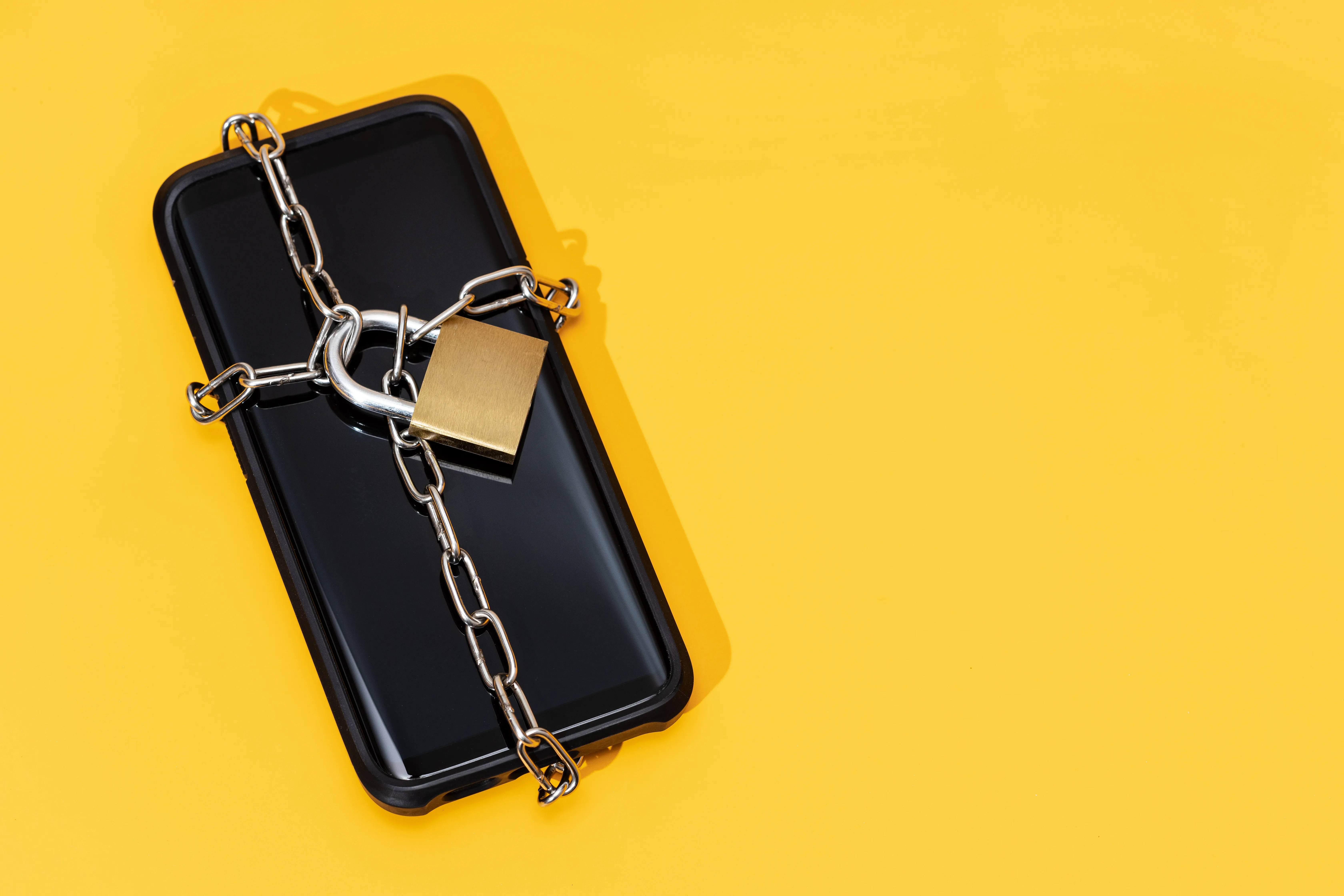
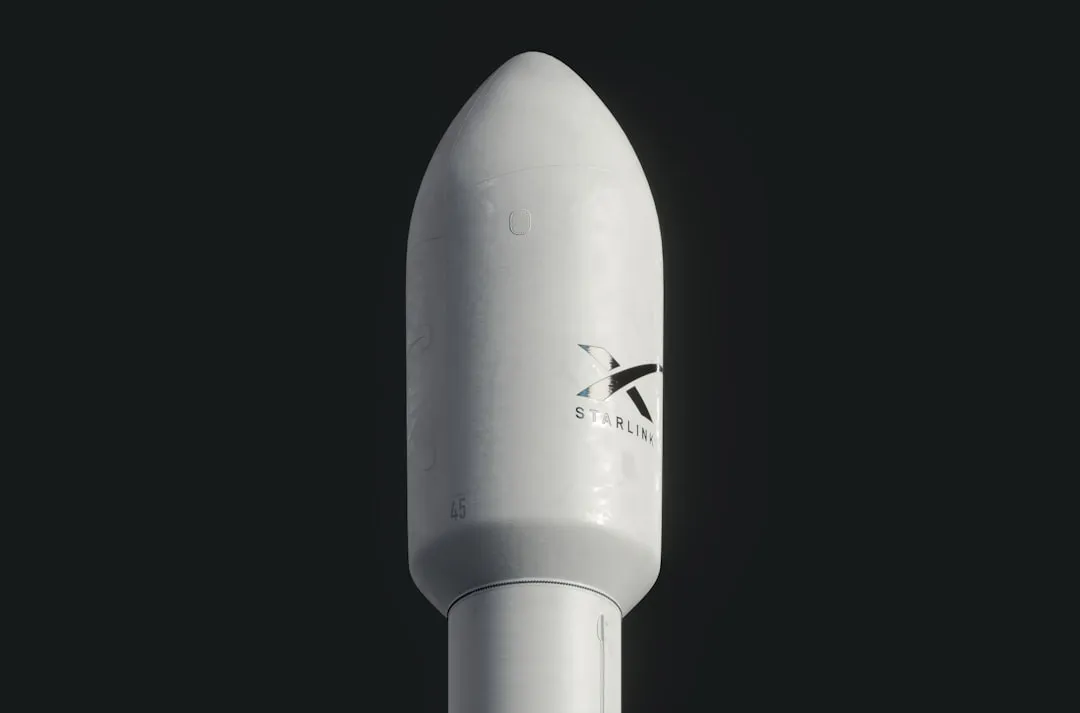

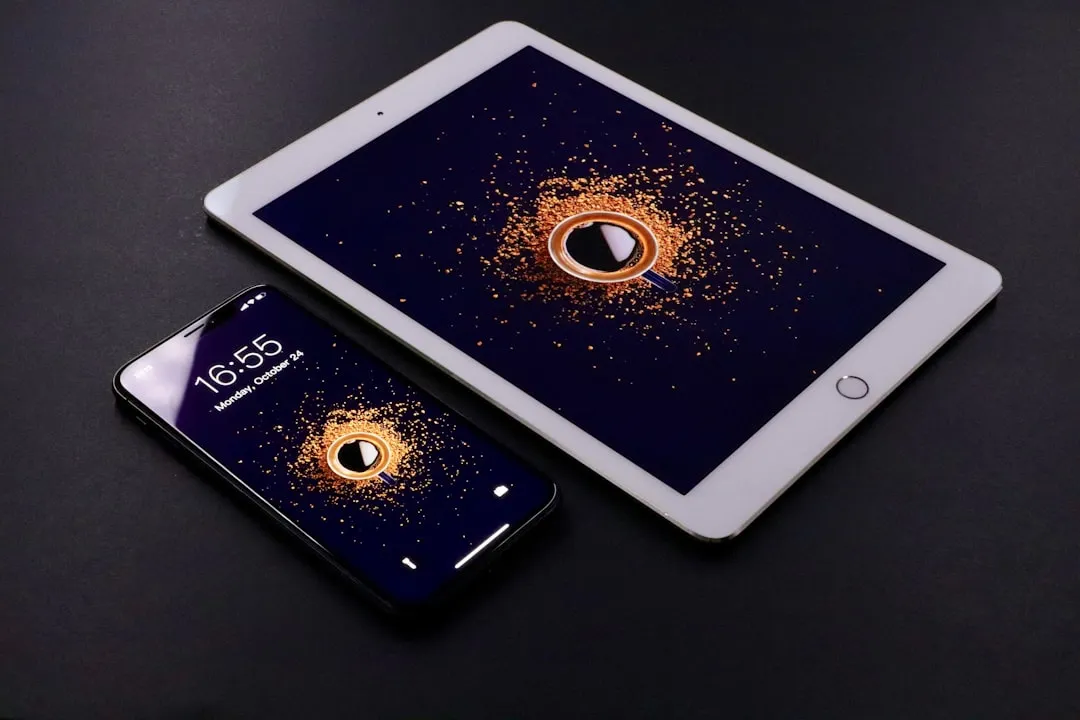
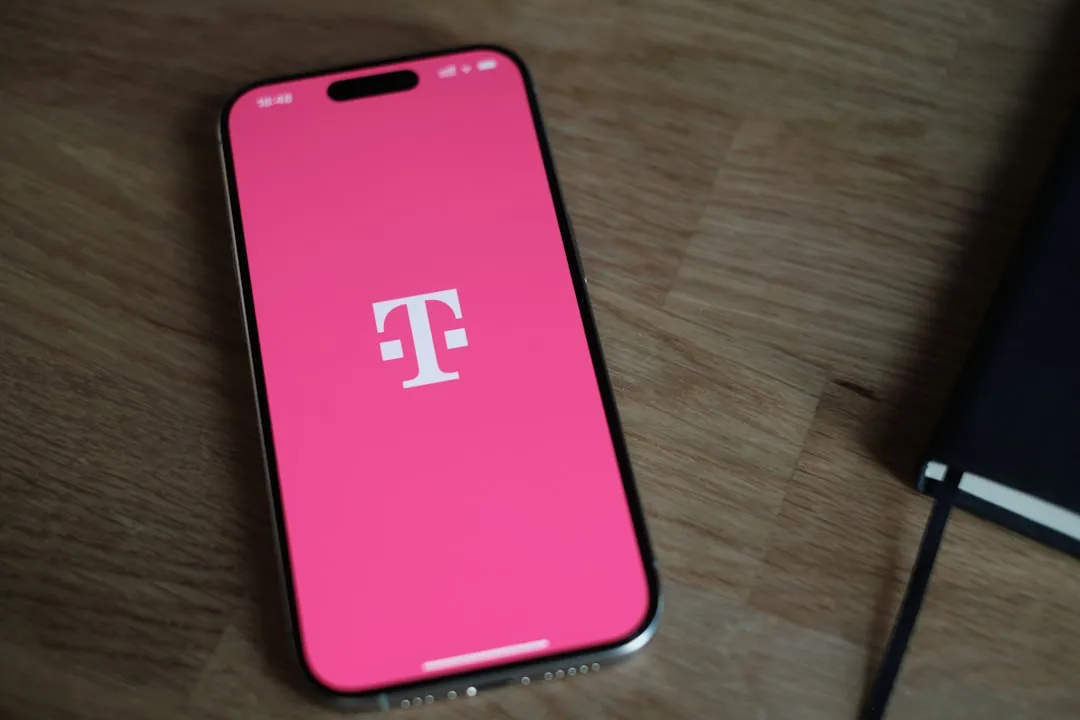

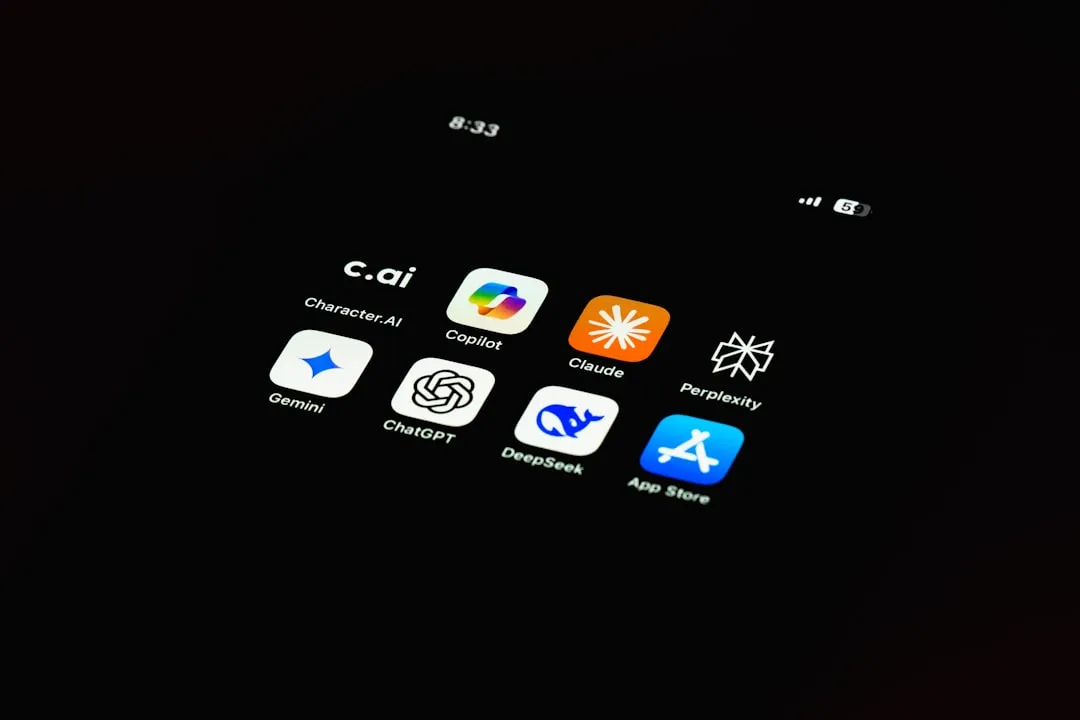

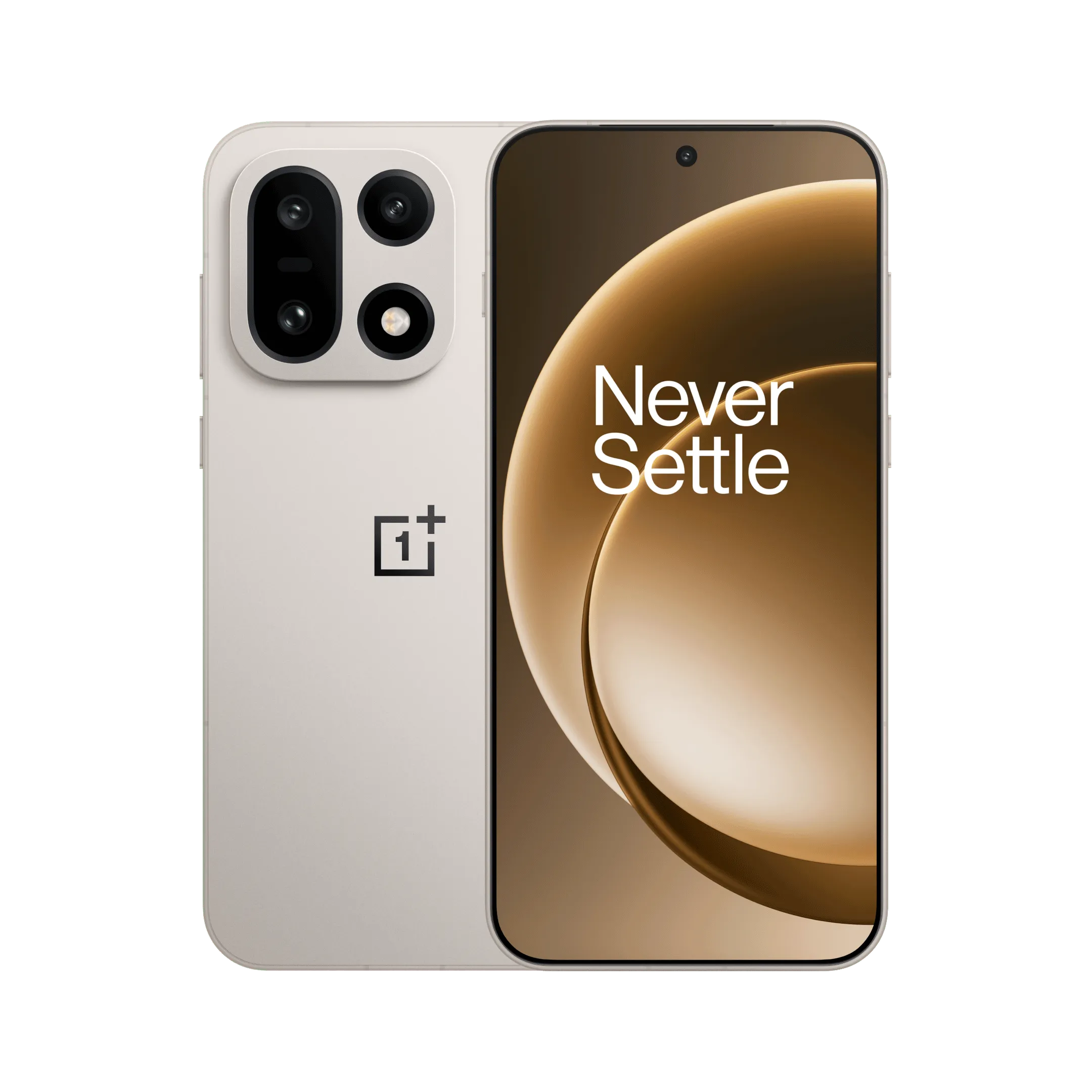












Comments
Be the first, drop a comment!